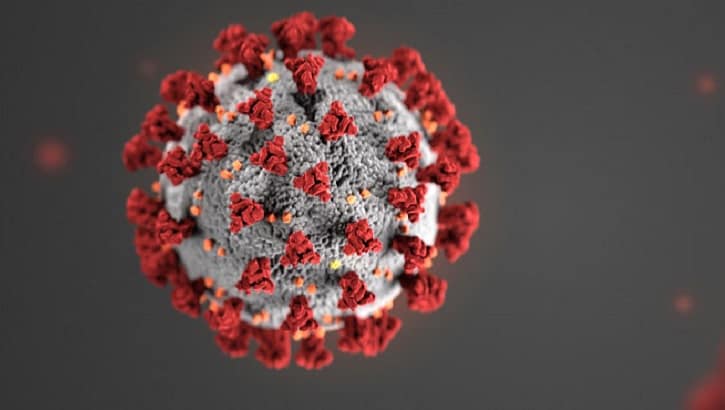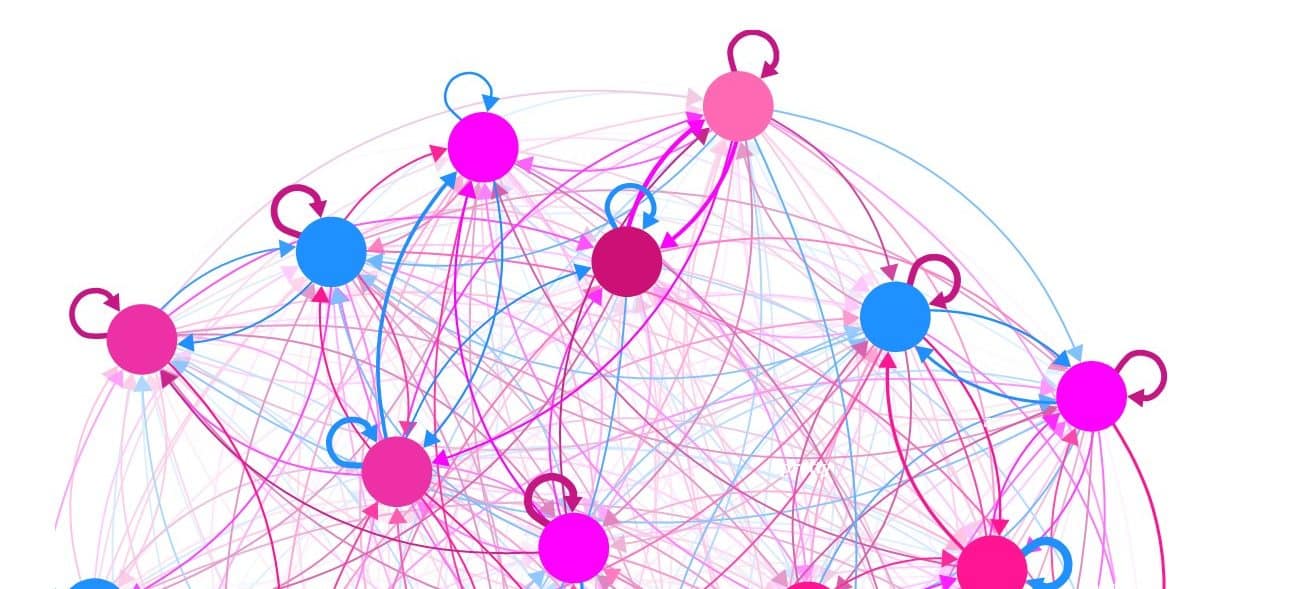Prof dr Casper Albers reflects on the numbers, and the rhetoric, of the corona crisis. (How do you tell the truth in a way that’s helpful both to the public and to policy-makers?)
Don van Ravenzwaaij, Casper Albers, Maarten Derksen and Rink Hoekstra discuss how statistical misreporting can be propagated by experts. (Part 2 of our series on citation practices in psychology.)
What’s the difference between a Buzzfeed quizlet and a proper intelligence test? Doctoral candidate Lieke Voncken explains.
Methodologists had an interesting summer this past year, thanks in part to a bombshell paper by Benjamin and 71 others, shared as preprint on July 22nd, 2017. The authors argued to reduce the ‘default threshold’ α for statistical significance from 5% to 0.5% (i.e., from 0.05 to 0.005). To refresh your memory, null hypothesis significance […]
In my last post, “To p or not to p”, I promised to write a follow-up post in which I would tell you all about Bayesian hypothesis testing. Although I can do that (and I will), I recognize that there is something dry about listing a bunch of properties about some statsy technique. You can […]
Network analysis enables researchers to visualize the relations between people, objects, and concepts. Here, Dr. Bringmann shows how the technique can be generalized to psychopathology: the complex constellation of symptoms that co-occur with Major Depression can be mapped, and the map itself can be analyzed. This then illustrates an emerging approach to understanding psychopathology.
Everyone uses p-values (in empirical psychological research anyway), but is that the best idea? In this blogpost, I will outline four problems that are associated with using p-values in inferential statistics.
Last month, Marieke Timmerman gave her Inaugural Lecture at the University’s Academy building, laying out her academic vision and presenting an overview of her research work. We asked her to write an article inspired by her lecture, so we can share it with Mindwise readers. – ed. Psychology seems to be in crisis. Alarming messages […]
Psychologists usually distinguish relevant traits and characteristics, or signs, to predict future performance. Here, I outline an alternative approach to predict whether someone will be successful, namely by sampling actual relevant behavior.
Exam grades can be improved by a full grade point if one learns factual knowledge using a method based on learning principles from cognitive psychology. This method, developed in the Experimental Psychology group, is now offered by Noordhoff Publishers as part of their online learning system for secondary education.










